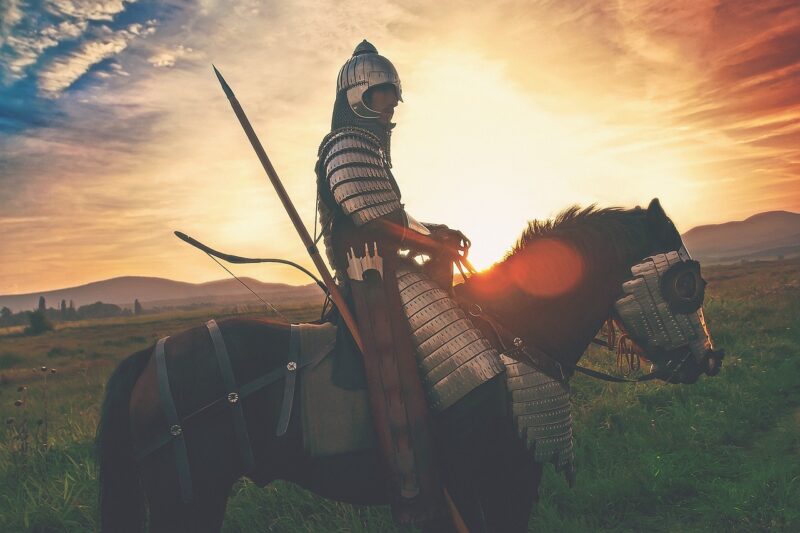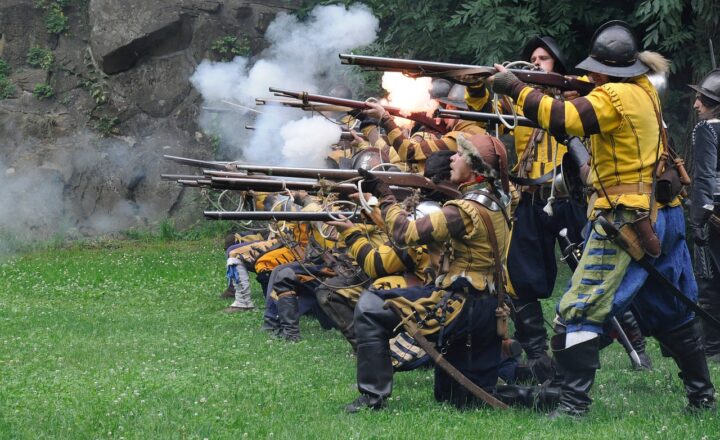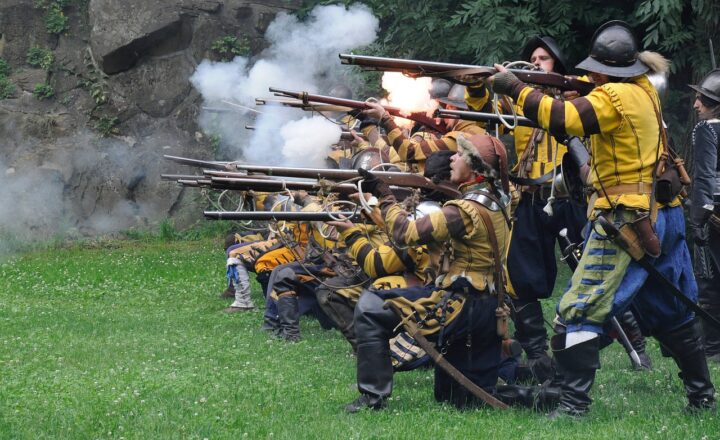
The Battle of Marathon, fought in 490 BC, is often romanticized and reduced to a mere footrace by modern narratives. However, the implications of this ancient clash extend far beyond the confines of the battlefield. This battle, pitting the Athenian city-state against the might of the Persian Empire, was not only a pivotal moment in Greek history but also a definitive encounter that shaped the course of Western civilization.
1. Historical Context of the Battle
To fully appreciate the significance of the Battle of Marathon, one must first understand the historical backdrop. The rise of the Persian Empire under Darius I threatened the delicate balance of power in the ancient world. In a bid to expand their territories, the Persians subjugated various city-states in Asia Minor, known as Ionia. These actions sparked unrest and insurrections, notably the Ionian Revolt, which the Greeks sought to assist, leading directly to Persian anger directed at Athens.
The Athenians viewed the Persian expansion as an existential threat. This sentiment was amplified by the aid that Athens had provided to the Ionian rebels, prompting Darius to seek revenge. Thus, the Persian campaign towards Greece became inevitable.
2. The Groundbreaking Strategy of Miltiades
Miltiades, the Athenian general, understood that a direct confrontation with the numerically superior Persian forces would lead to disaster. Instead, he opted for a strategic surprise attack, leveraging the element of speed and the terrain of Marathon—a narrow plain impervious to the Persian cavalry.
Miltiades gathered a force of approximately 10,000 troops, supplemented by a few hundred Plataeans. Against all odds, the Athenian forces charged towards the Persians, whose ranks were caught off guard.
*The effectiveness of Miltiades’ strategy not only resulted in a stunning victory but also marked a significant moment in military history, showcasing the power of tactical maneuvering over sheer numbers.*
3. The Sociopolitical Impact of the Victory
The triumph at Marathon had far-reaching implications for Athens and the broader Greek world. It solidified Athenian democracy and fortified the resolve of the city-states to unite against the Persian threat. The victory turned Athens into a symbol of resistance against tyranny, laying the groundwork for the Greek city-states to collaborate in future conflicts, notably during the subsequent Persian Wars.
Furthermore, the Athenian win at Marathon instilled a burgeoning sense of identity among the Greek city-states, uniting them against a common foe. This collective identity would become crucial as the Greek city-states prepared for the more significant confrontations at Thermopylae and Salamis.
4. The Cultural Legacy and the Marathon Race
While the tactical and social ramifications of the Battle of Marathon are critical, its cultural legacy is equally profound. The notion of ‘Marathon’ has transcended its historical roots to become a symbol of endurance and triumph over adversity.
Years later, the modern Olympic Games honored the ancient heroes by establishing the marathon race, a tribute to the Athenian messenger Pheidippides. According to legend, he ran from Marathon to Athens to announce the victory, collapsing and dying after delivering the news. This narrative, though likely mythologized, signifies the human spirit’s capacity for perseverance and sacrifice, echoing the themes of the ancient battle.
*The marathon has thus evolved into a representation of resilience, with runners worldwide aspiring to embody the same spirit of the Athenian soldiers who fought valiantly for their freedom.*
5. Lessons from Marathon: Leadership and Unity
The Battle of Marathon serves as a critical study in leadership, strategy, and human spirit. Miltiades’ command and his ability to inspire cohesion among his troops underscore the importance of effective leadership in overcoming insurmountable odds. Additionally, the subsequent unification of the various Greek city-states against a common enemy highlights the strength found in collective action.
In modern contexts, these lessons resonate through various leadership goals and collaborative efforts in communities, emphasizing the significance of shared purpose and unity in overcoming challenges. Today, organizations and movements draw inspiration from the principles established at Marathon—a fight for freedom, justice, and the indomitable human spirit.
Conclusion: More Than Just a Race
The Battle of Marathon stands as more than just a historical race; it is a potent symbol of bravery, strategy, and unity that resonates throughout history. It embodies the very essence of resistance against tyranny and the triumph of the human spirit. Today, as we lace up our running shoes and participate in marathons across the globe, let us remember that each step taken is a testament to the Athenians’ courage—a legacy that will inspire generations to come.






